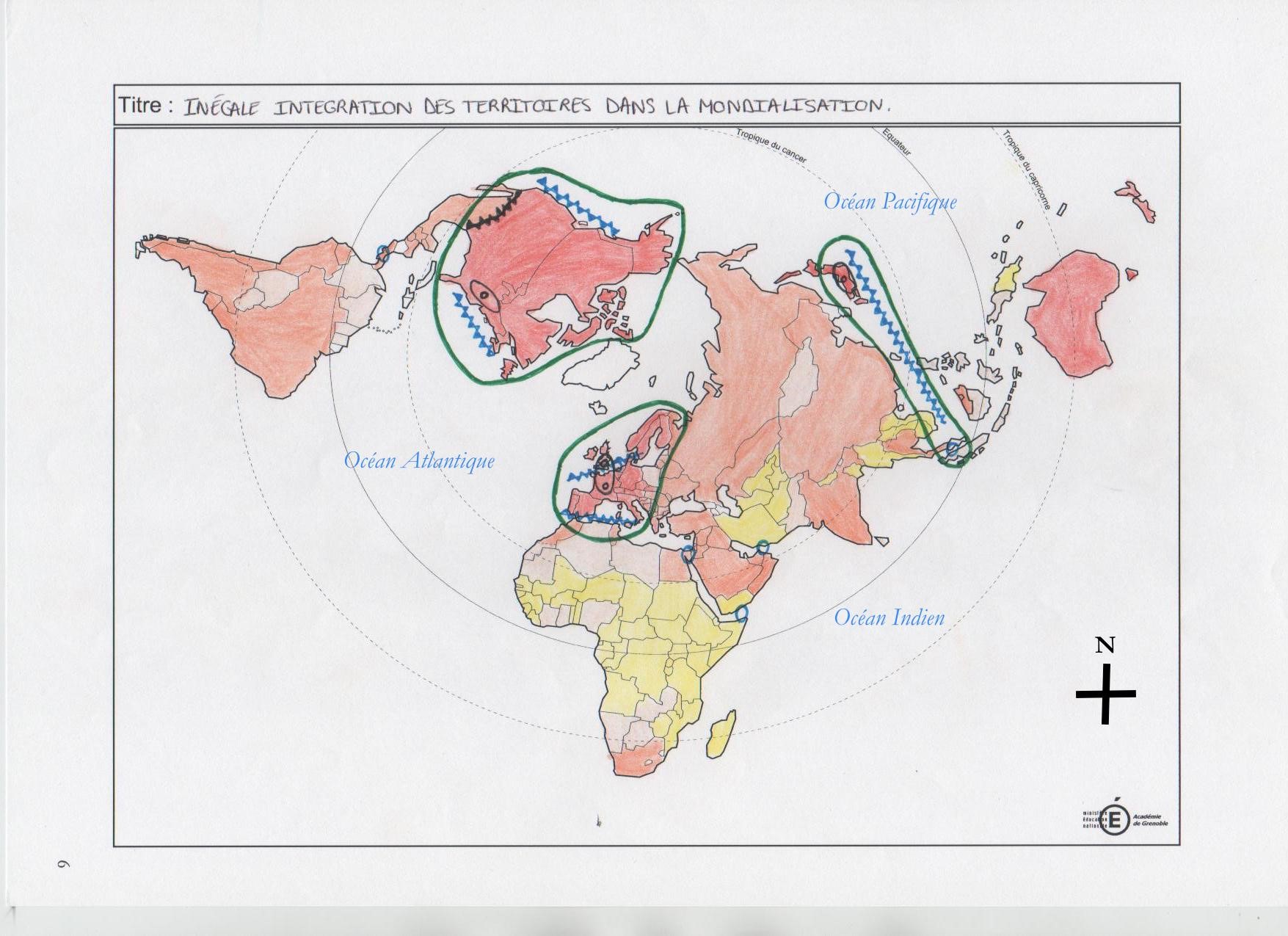Smacking Children right or wrong - A-Level Psychology.
Why should parents stop smacking children? 1. Smacking teaches kids that hitting others is okay. As stated above, studies show that there is a direct link between corporal punishment in childhood and aggressive or violent behaviour in the teenage and adult years. 2. Smacking makes a child preoccupied with feelings of anger and revenge.
Smacking and children's IQ. Friday 25 September 2009 “Smacking your children can damage their mental ability,” said the Daily Express. It reported on a “ground-breaking” study that tested the IQs of 806 children aged two to four and 704 children aged five to nine. Four years after first being tested, the younger children that had been smacked had IQs five points lower than those who.
Whilst both sides present strong arguments, it’s important to get the facts straight first and where better to start than with the legal opinion on parents smacking their children. Laws and Order The Children’s Act 2004 makes it illegal to hit a child if it causes bruising, swelling, cuts, grazes or scratches, which is punishable by up to five years’ imprisonment.
This essay will argue that why smacking children is absolutely preposterous. Parents are implementing certain sentences to maintain discipline in their children. In relation to this, when children are out of control simultaneously when parents are worried about their physical and psychological growth and development of their children they slap them.
Some parents claim that smacking their children is the most affective. way. to. discipline. children. This. essay will argue why spanking children is completely the other. way. around of raising them. Suggestion. Smacking children. Children smacking. is one fascinating. way. to. discipline. them because it drags some positive results with it. Most parents have a belief that in order to.
Some feel children will associate smacking with feelings of anger, frustration, impatience and revenge and that children who are disciplined by smacking are generally more aggressive. Several studies have been conducted with varying results, dependant on the frequency and severity of smacking occurrences, the follow-up communication between parent and child after the smack, and the feelings.
The ineffectiveness is measured through aspects of undefined boundaries between smacking and child abuse, and this therefore can possibly lead to psychological trauma in situations where parents abuse their rights to discipline children and resort to child abuse to send a negative message to their children, limiting fairness in the parenting caring circumstance. Nevertheless, it is effective.








